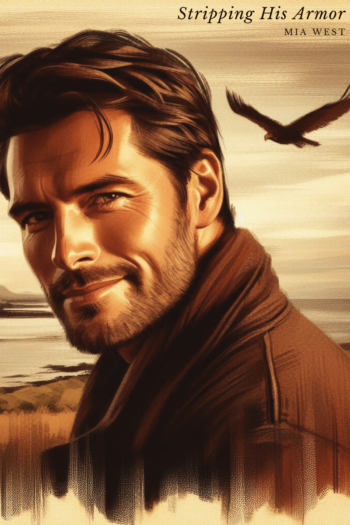
Claiming His Prize
Series: Shift & Seek #3
Seeking a legend is one thing. Claiming him will be a whole different animal…
Wolf shifter and blacksmith Sten Sørensen has been hunting for proof of King Arthur’s existence for a long time. Now that the clues finally seem to be coming together, nothing will throw him off the scent.
All he needs is someone who can confirm the sword’s provenance when he finds it. “I know just the guy,” said his American cousin. “Best metal man in the northern hemisphere.”
Also the most uptight, annoying know-it-all Sten’s ever had the misfortune to want in his bed.
+
Wolf shifter and forensic metallurgist Guillaume St. George is the best. This is simply a fact. If some giant Norwegian blowhard wants his expertise, he will have to accept that.
And agree upon a payment as big as his roguish grin. Guillaume is going to need the promise of that reward to remind him to keep this trip strictly professional.
Because if there’s anything that makes him want to roll over and bare his belly, it’s a modern-day Viking on a quest.
Claiming His Prize is the 3rd novel in the Shift & Seek m/m shifter series.
Tropes: opposites attract, alpha/beta, forced proximity, secret identity
Content Notes: story involves depictions/descriptions of alcohol consumption, a D/s dynamic, theft, terrorism, use of weapons, injury, limb loss, and attempted murder


